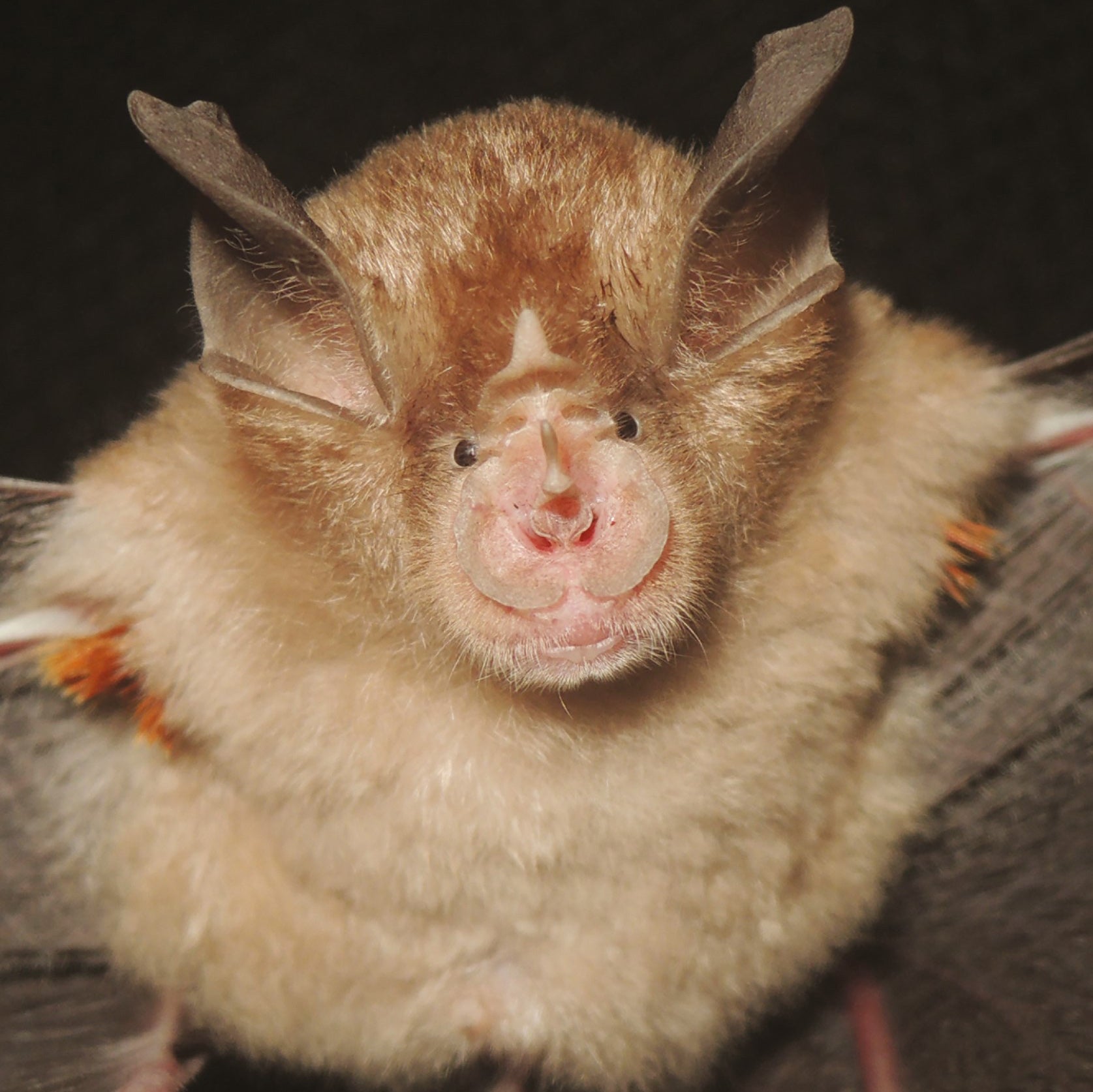Scientists slam the Caveman Diet - and say early humans were mostly VEGETARIAN
Share:
The Caveman Diet, also known as the Paleo Diet, is a weight-loss craze where calorie-counters pick foods they think early humans may have eaten. For most followers, this means a meat-heavy diet. But a new study suggests that if you truly want to eat like a caveman, you should be steering clear of red meat.
![[The researchers focused on basalt tools found at an ancient settlement site near Gesher Benot Ya'akov]](https://i.dailymail.co.uk/1s/2025/01/07/11/93822427-14258703-The_researchers_focused_on_basalt_tools_found_at_an_ancient_sett-a-84_1736249753663.jpg)
Contrary to popular belief, researchers from Bar-Ilan University say that early humans were not solely focused on animal protein. Instead, cavemen were mostly vegetarians whose diets featured plant-based foods including acorns, cereals, legumes, and aquatic plants.
![[The Caveman Diet, also known as the Paleo Diet, is a weight-loss craze where calorie-counters pick foods they think early humans may have eaten. For most followers, this means a meat-heavy diet (stock image)]](https://i.dailymail.co.uk/1s/2025/01/07/11/93822423-14258703-image-a-85_1736249761539.jpg)
'This discovery underscores the importance of plant foods in the evolution of our ancestors,' said Dr Hadar Ahituv, lead author of the study. 'We now understand that early hominids gathered a wide variety of plants year-round, which they processed using tools made from basalt.
![[During their analysis, the researchers discovered starch grains on the basalt tools. 'These include acorns, grass grains, water chestnuts, yellow water lily rhizomes, and legume seeds,' the researchers wrote in their study]](https://i.dailymail.co.uk/1s/2025/01/07/11/93822431-14258703-During_their_analysis_the_researchers_discovered_starch_grains_o-a-87_1736249796078.jpg)
'This discovery opens a new chapter in the study of early human diets and their profound connection to plant-based foods.'. Cavemen have long been portrayed as voracious meat eaters (stock image). The researchers focused on basalt tools found at an ancient settlement site near Gesher Benot Ya'akov.
![[The Neanderthals were a cousin species of humans but not a direct ancestor - the two species split from a common ancestor - that perished around 50,000 years ago. Pictured is a Neanderthal museum exhibit]](https://i.dailymail.co.uk/i/newpix/2018/04/26/14/4B8D541000000578-5574387-image-m-9_1524749164255.jpg)
Cavemen have long been portrayed as voracious meat eaters. But in their new study, the team set out to understand what early humans truly ate. The researchers focused on basalt tools found at an ancient settlement site near Gesher Benot Ya'akov. This site, located on the shores of the ancient Hula Lake, includes over 20 layers of settlement, fossilised animal remains, and plant remnants.






















